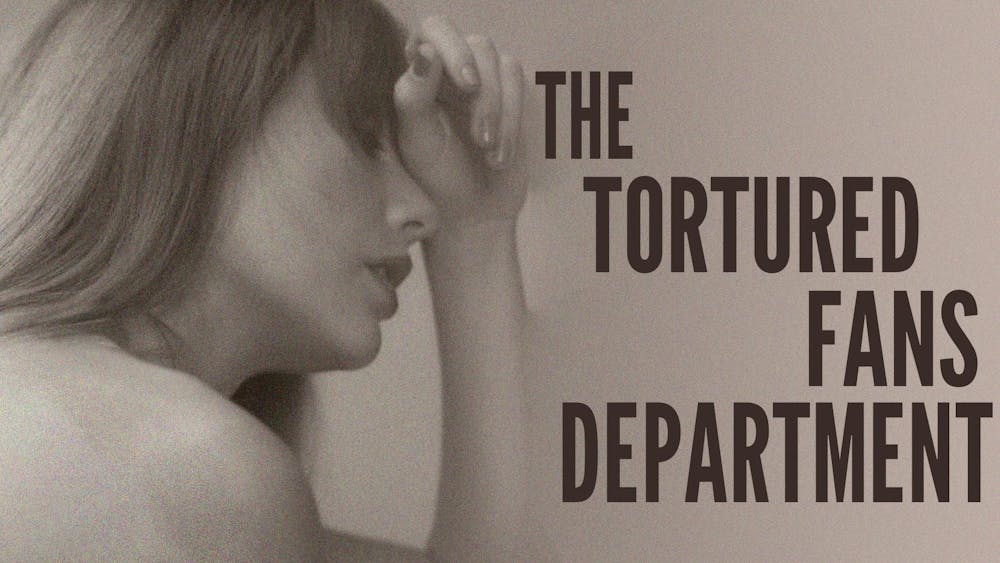
There is a jolt of true terror that hits you when you step into a room and realize you’ve arrived embarrassingly and inexcusably late. As everyone stares at you — some disdainful, some curious, some simply bored — you have to shuffle off, bow your head and take a seat. In most circumstances, however, life does go on. It’s all going to be alright in the end.
Except, of course, when it’s not. “Fargo,” a masterwork of cinema written and directed by Joel and Ethan Coen, conjures the familiar terror of lateness in its first scene. It lingers like frozen breath throughout the film’s runtime, pervading the small North Dakota town that serves as the film’s namesake. When the film’s bumbling, nervous anti-hero Jerry Lundegaard stumbles into a dim bar to hire a pair of thugs to kidnap his own wife, he’s late not only for their sketchy meeting. Jerry’s also too late to repair the dynamic of his splintering family, one in which he is no longer able to ask his wealthy spouse for much-needed money but instead must extort her and her parents through shaky and desperate schemes.
As the film progresses, Jerry repeatedly tries to escape the reality of the situation he’s found himself in. Unfortunately, he’s a weak man who lacks the respect of those around him and doesn’t know how to earn it without indirectly putting a gun to their heads. Unlike so many drama and crime films that Hollywood churns out, “Fargo” makes a convincing and original case for domestic conflict. The tension that crackles beneath the surface is never fully explained; while Jerry’s economic issues serve as a catalyst for the action driving the film, the conflict stems from the messy nature of crime itself and the constant stress of those who are driven to commit one.
The film earns the bulk of its power, and a surprising amount of humor, from the tedious and complex reality it supposedly draws its story from. In most scenes, depictions of day-to-day struggles flesh out the groundwork for the wacky traits assigned to each character and setting. Jerry’s menacing father-in-law bares his teeth and growls at a hockey game on a petite television set. One of the hired thugs passive-aggressively demands a second meal of pancakes after having them earlier for breakfast. The nearby town of Brainerd is guarded by an indescribably terrifying statue of Paul Bunyan. The Coen brothers' attention to detail imbues the film with crackling life, allowing their bleak setting of winter-struck Minnesota to breathe with life and warmth despite its imposing, cold landscape.
That crackling life runs through the stellar performances of “Fargo’s” all-star cast. From Frances McDormand’s Oscar-winning performance as a delightfully no-nonsense cop to Steve Buscemi’s droll portrayal of a perpetually dismayed hired hand, each player in the cast vitalizes their role. Notably, there’s no one actor here who misses out on the opportunity to capture the innate humor of the Minnesotan accent. The film is worth watching for its “Oh yas” alone.
“Fargo” is a film where each part comes together with incredible grace to capture a very specific corner of our universe. If you’re at all interested in crime thrillers, black humor, American culture or film in general, “Fargo” is a must-watch. Make sure to catch it on Netflix before it really is too late.













